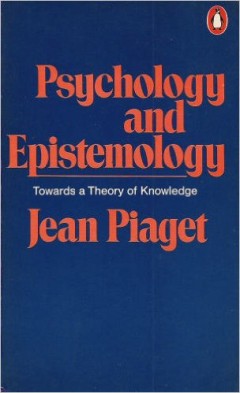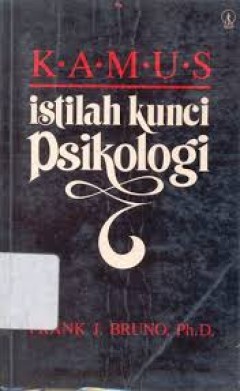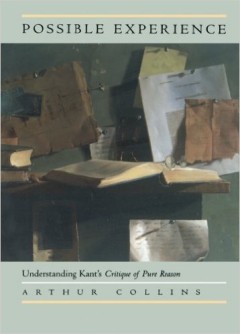Ditapis dengan

Objective Knowledge: An Evolutionary Approach
The essays in this volume represent an approach to human knowledge that has had a profound influence on many recent thinkers. Popper breaks with a traditional commonsense theory of knowledge that can be traced back to Aristotle. A realist and fallibilist, he argues closely and in simple language that scientific knowledge, once stated in human language, is no longer part of ourselves but a separ…
- Edisi
- -
- ISBN/ISSN
- -
- Deskripsi Fisik
- x + 380 pg.; 22 cm.
- Judul Seri
- -
- No. Panggil
- 121 POP o

Psychology and Epistemology: Towards a Theory of Knowledge.
- Edisi
- -
- ISBN/ISSN
- 0713903376
- Deskripsi Fisik
- viii + 107 pg.; 21,5 cm.
- Judul Seri
- -
- No. Panggil
- 121 PIA p
- Edisi
- -
- ISBN/ISSN
- 0713903376
- Deskripsi Fisik
- viii + 107 pg.; 21,5 cm.
- Judul Seri
- -
- No. Panggil
- 121 PIA p

Cognition: An Epistemological Inquiry
"Cognition" is a basic introductory text for college courses in the philosophy of knowledge. Joseph Owens here expands the narrowly metaphysical treatment of knowledge given in his earlier book, "An Elementary Christian Metaphysics" into a fully-fledged epistemology. This text utilises the traditions of Aristotle and Thomas Aquinas to reacquaint students of philosophy with a number of insights …
- Edisi
- -
- ISBN/ISSN
- 0268007918
- Deskripsi Fisik
- viii + 373 pg.; 23 cm.
- Judul Seri
- -
- No. Panggil
- 121 OWE c

Experience and Its Modes
- Edisi
- -
- ISBN/ISSN
- -
- Deskripsi Fisik
- viii + 359 pg.; 22 cm.
- Judul Seri
- -
- No. Panggil
- 121 OAK e
- Edisi
- -
- ISBN/ISSN
- -
- Deskripsi Fisik
- viii + 359 pg.; 22 cm.
- Judul Seri
- -
- No. Panggil
- 121 OAK e

Possible Experience: Understanding Kant's Critique of Pure Reason
Arthur Collins's succinct, revisionist exposition of Kant's Critique of Pure Reason brings a new clarity to this notoriously difficult text. Until recently most readers, ascribing broadly Cartesian assumptions to Kant, have concluded that the Critique advances an idealist philosophy, because Kant calls it "transcendental idealism" and because the work abounds in apparent confirmations of that i…
- Edisi
- -
- ISBN/ISSN
- 0520214986
- Deskripsi Fisik
- xix + 200 pg.; 23 cm.
- Judul Seri
- -
- No. Panggil
- 121 COL p
 Karya Umum
Karya Umum  Filsafat
Filsafat  Agama
Agama  Ilmu-ilmu Sosial
Ilmu-ilmu Sosial  Bahasa
Bahasa  Ilmu-ilmu Murni
Ilmu-ilmu Murni  Ilmu-ilmu Terapan
Ilmu-ilmu Terapan  Kesenian, Hiburan, dan Olahraga
Kesenian, Hiburan, dan Olahraga  Kesusastraan
Kesusastraan  Geografi dan Sejarah
Geografi dan Sejarah